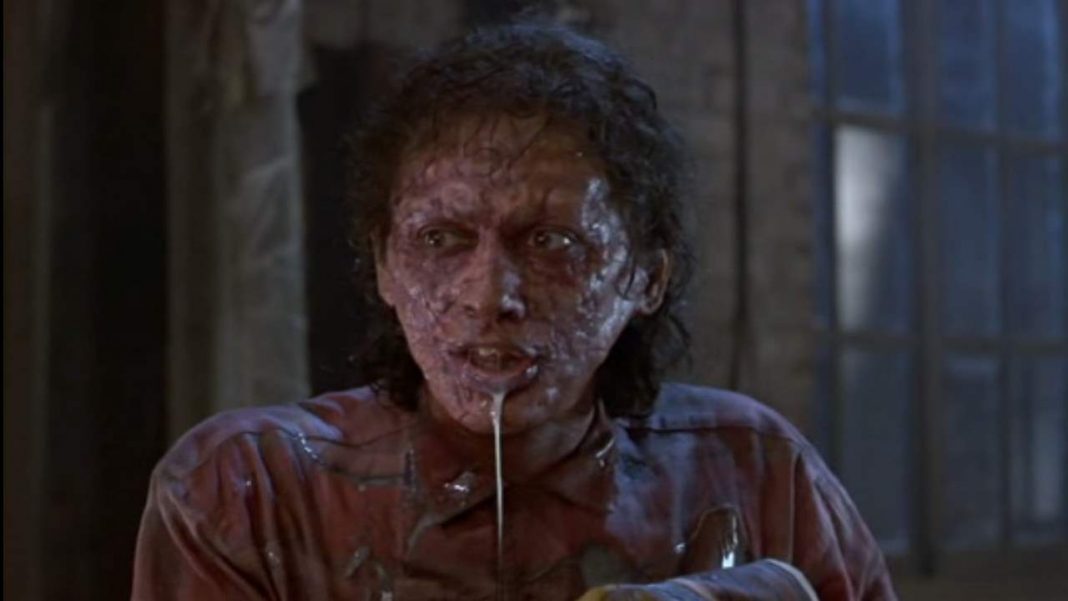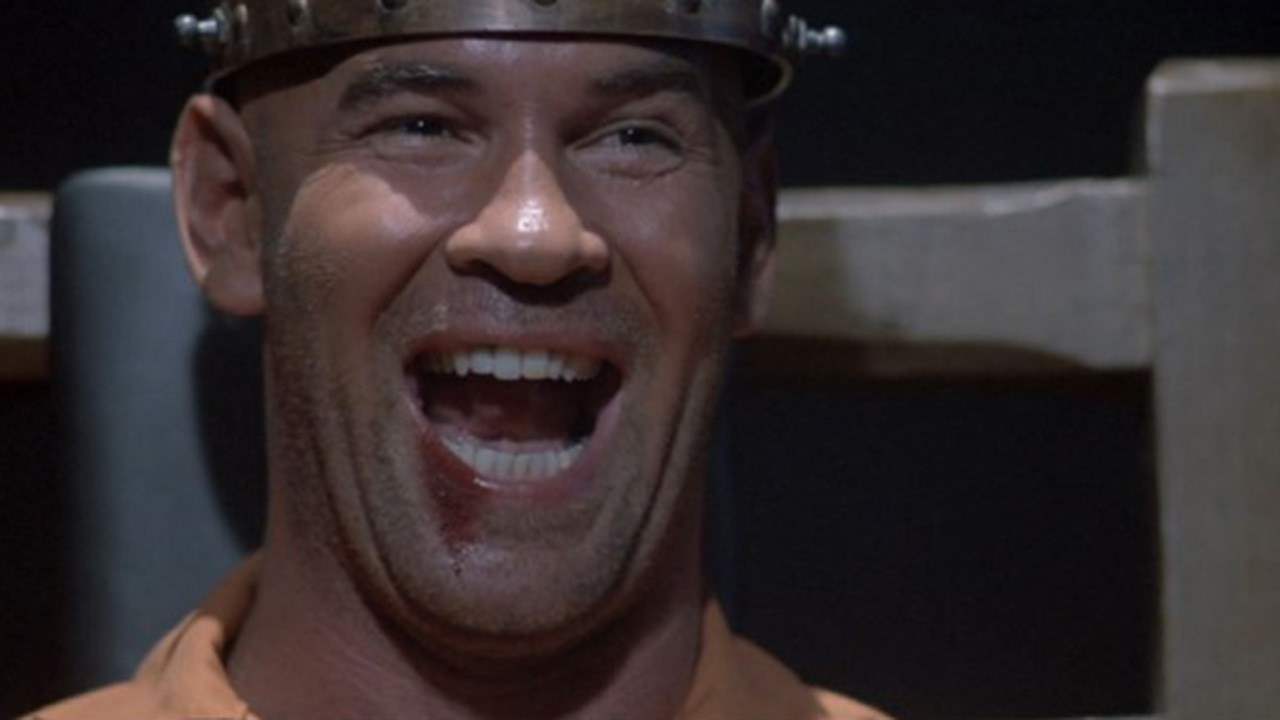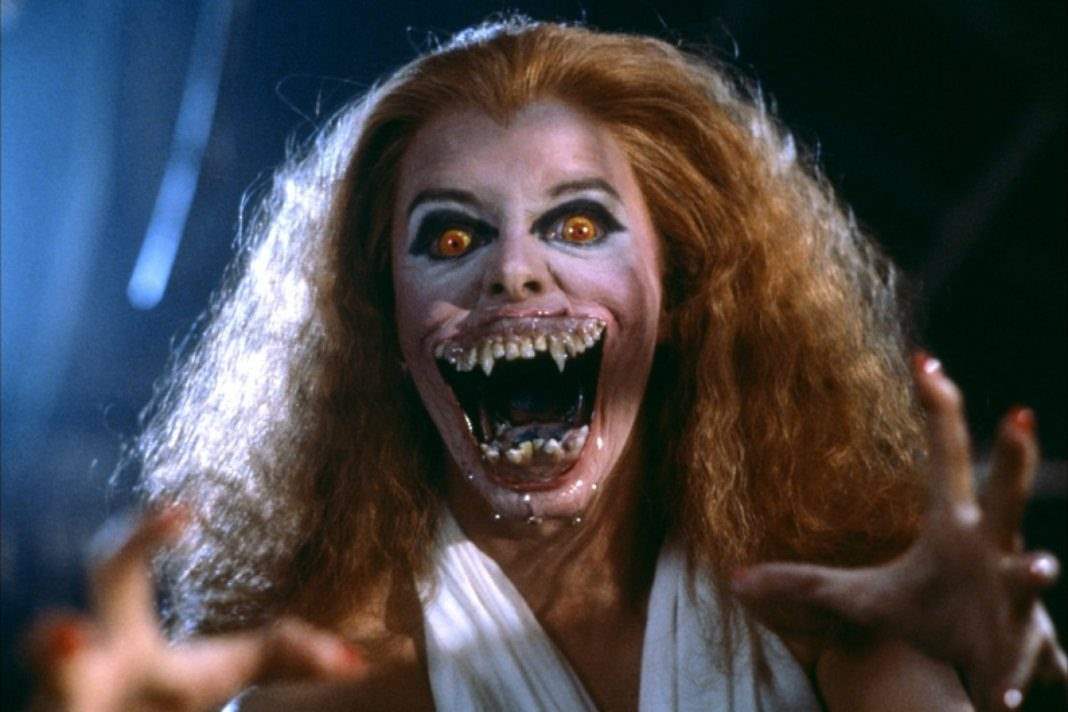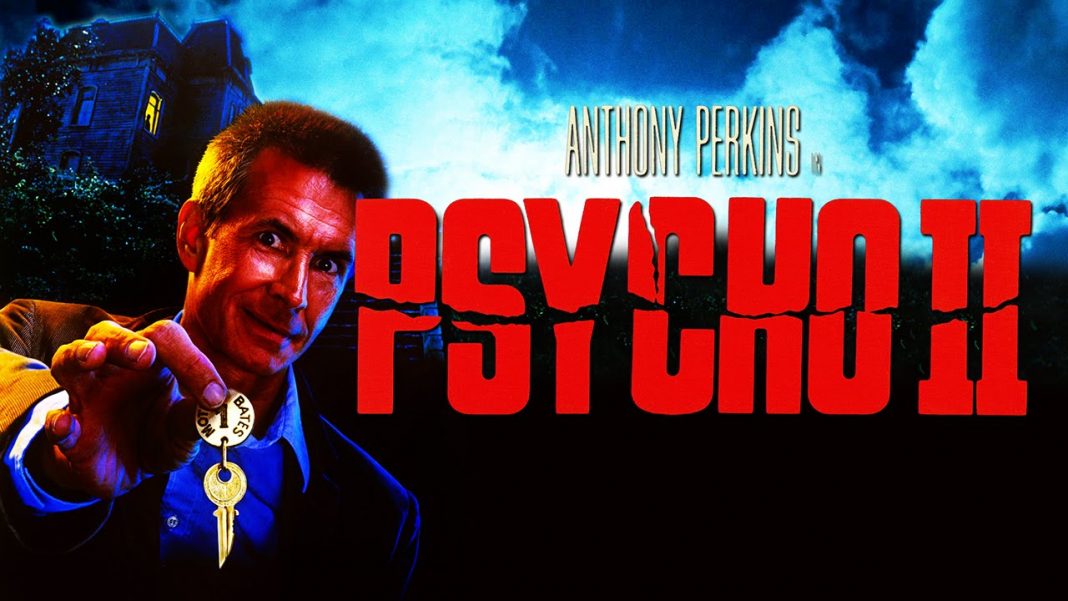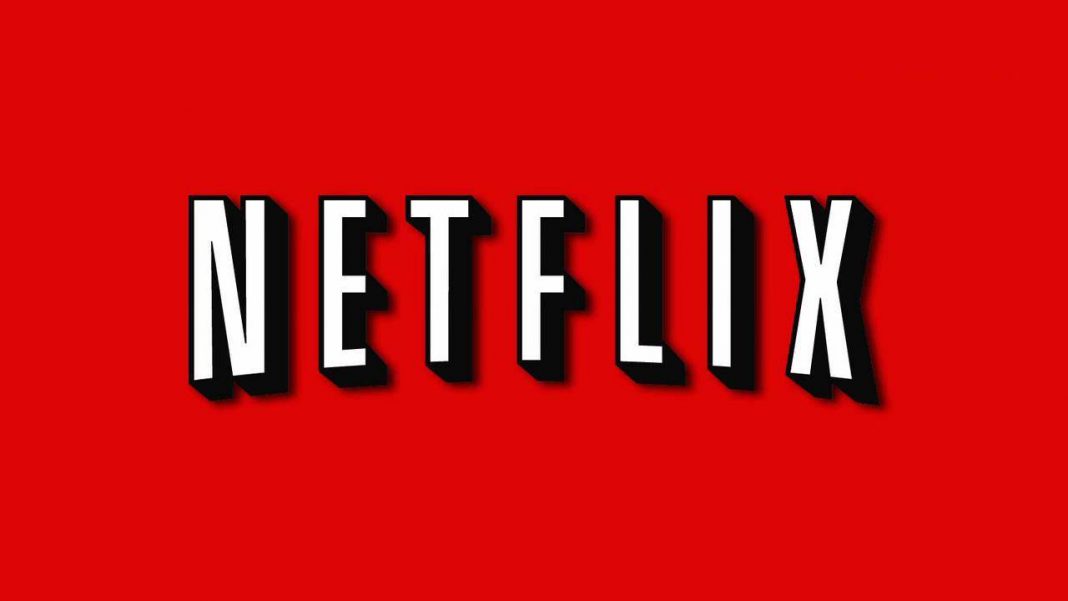David Cronenberg, especially in his early days, was never a mainstream director. His films weren’t meant to be accessible to the widest possible audience. He was at the forefront of body horror, telling stories about the decay, destruction and transformations that the body can go through. His horror work was about the malleability and fragility of the human flesh.
In the 1980’s, though, he started to go a little bit more mainstream. Everything he did was still very much a Cronenberg movie, but they were getting bigger. Scanners was a high-concept science fiction thriller and The Dead Zone was based on a hugely successful novel by Stephen King. Still, they were small enough that he would not be compromised creatively.
It surprised everyone when he decided to tackle the remake of The Fly, one of the most infamous monster movies of the 1950’s. It didn’t seem like a fit. It was much campier than anything he had done. It didn’t seem like the kind of movie he would even want to do. But Cronenberg did something genius with The Fly that completely changed the game in the approach to remakes and other adapted material: He made it the kind of film he would want to do. That’s why it works so perfectly. That fresh take, that new approach is why it’s not only one of the best remakes of all time but one of the best horror features in general.
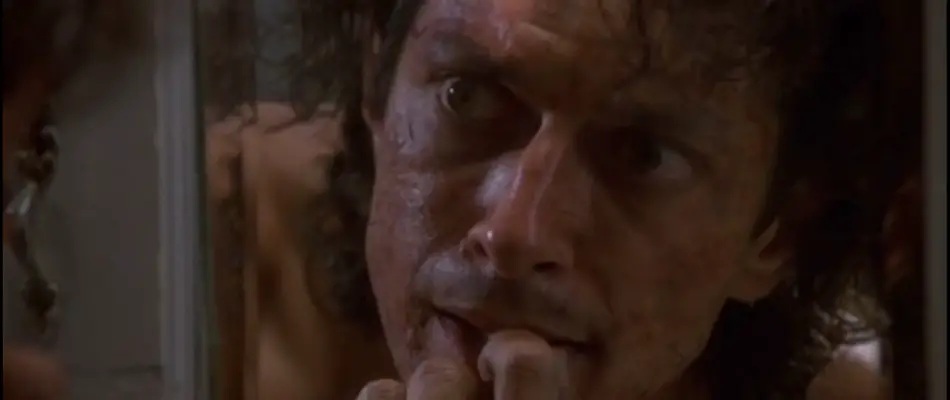 The story remains basically the same. The mad scientist this time is Seth Brundle, brilliantly played by Jeff Goldblum. A man working on something that, as he puts it, “could change the course of modern civilization as we know it.” What he’s working on is, of course, a teleportation system. While he has thought it out brilliantly, he’s unprepared for the fly that finds its way into the pod at the same time he’s preparing to teleport himself. The basic story points are the same. Man goes through the pod and merges with fly. It hasn’t changed so much that it isn’t a take on the same story. It’s Cronenberg’s unique approach to the subject that allows it to stand out.
The story remains basically the same. The mad scientist this time is Seth Brundle, brilliantly played by Jeff Goldblum. A man working on something that, as he puts it, “could change the course of modern civilization as we know it.” What he’s working on is, of course, a teleportation system. While he has thought it out brilliantly, he’s unprepared for the fly that finds its way into the pod at the same time he’s preparing to teleport himself. The basic story points are the same. Man goes through the pod and merges with fly. It hasn’t changed so much that it isn’t a take on the same story. It’s Cronenberg’s unique approach to the subject that allows it to stand out.
It’s a unique take that really kicks in once the plot sets in motion. Instead of the man and fly instantly mutating, Brundle’s transformation is incredibly drawn out. It’s not a straightforward monster movie anymore. Seth Brundle’s mutation into Brundlefly is treated like a disease. It’s gradual. He has time to go through stages of denial and acceptance as to the state of his body and what is happening to it. Despite his eccentricity, Goldblum makes Brundle incredibly believable throughout the entire film. His obsession, his rage, his fear; we buy it all.
At first he feels great. At first, it’s almost like it’s going to take a superhero-ish direction. He’s quicker, stronger, almost like Spider-Man. During that time, he can’t get enough of the feeling of teleportation and treats it very much like a drug. He’s addicted. But it’s not too long before physical changes begin to occur. His body starts to break down. Slowly, but surely, he becomes Brundlefly. This is body horror at its top form.
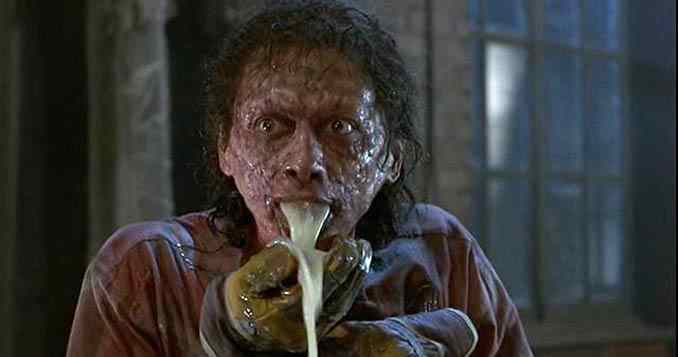 The director never shies away from anything either. Nothing is left to the imagination, which is a bold move in horror but has always worked for Cronenberg. From Brundle’s museum of lost body parts to the final form of the Fly itself, everything leaves an impact on the viewer. He made this a Cronenberg movie first and foremost. He used the story of a man turning into a fly and managed to make it a commentary on society’s views on the body, on the fragility of the body. It’s a movie about disease that is not coincidentally from the height of the AIDS epidemic.
The director never shies away from anything either. Nothing is left to the imagination, which is a bold move in horror but has always worked for Cronenberg. From Brundle’s museum of lost body parts to the final form of the Fly itself, everything leaves an impact on the viewer. He made this a Cronenberg movie first and foremost. He used the story of a man turning into a fly and managed to make it a commentary on society’s views on the body, on the fragility of the body. It’s a movie about disease that is not coincidentally from the height of the AIDS epidemic.
Even as the latex is piled on top of Goldblum, the core performance is never lost. And the effects did win an Oscar, which only helps to cement The Fly as Cronenberg’s most mainstream horror movie. It was a big event picture that is just as fondly remembered now as when it was first released. He proved his strength as a director by taking the challenge of a big name and a major studio release and still making exactly the kind of feature he wanted to make. No company would greenlight a remake like this now, they would never give the director that freedom and that’s a large part of why we see more bad remakes than good.
But The Fly stands out. It always will. It not only surpasses the original, but it has become the template by which all other remakes should be judged.
